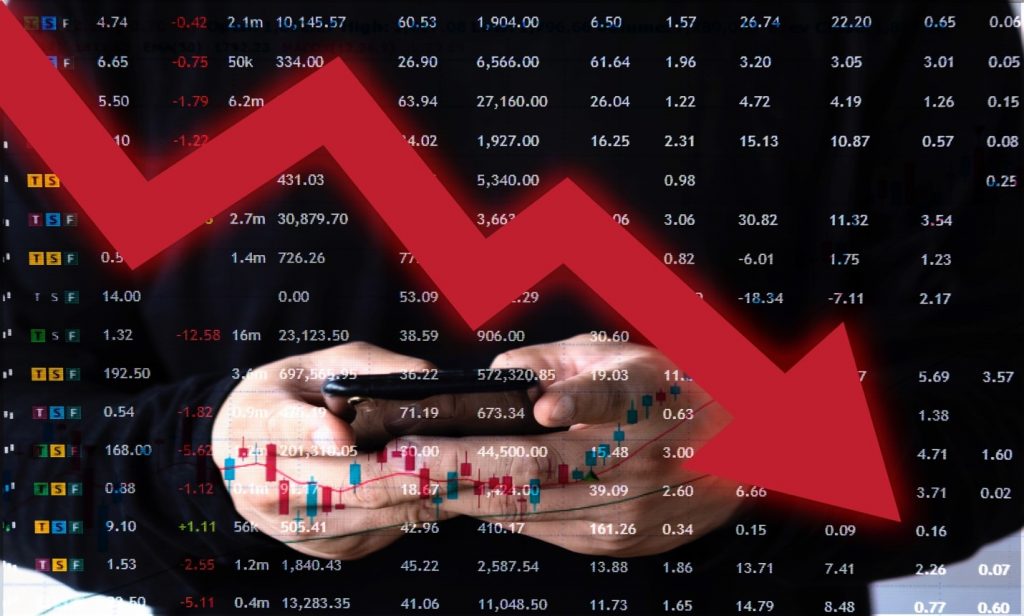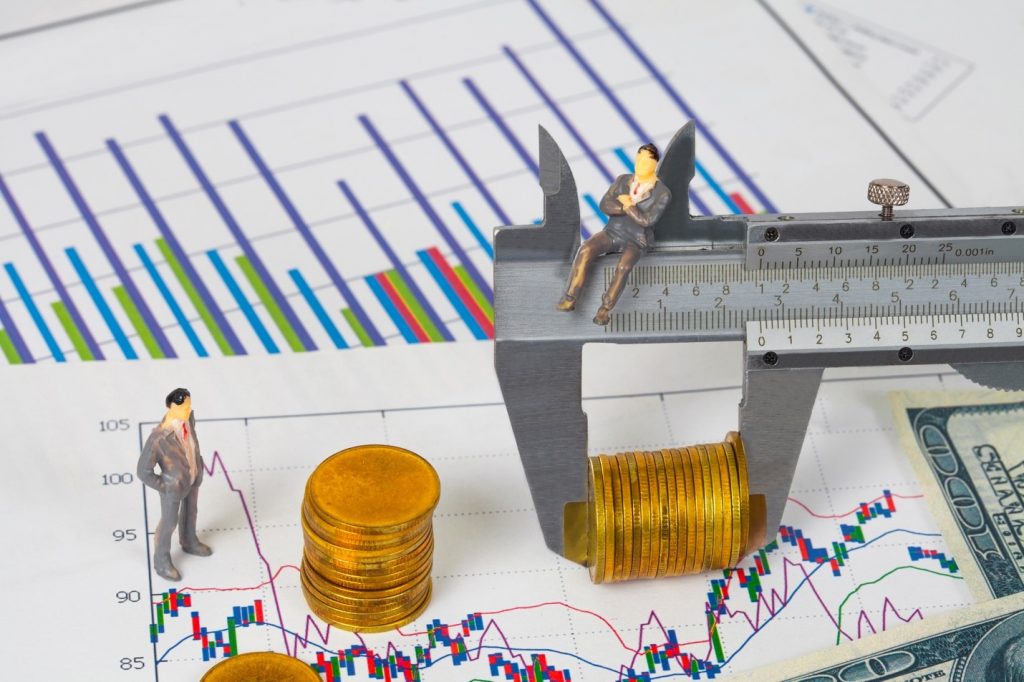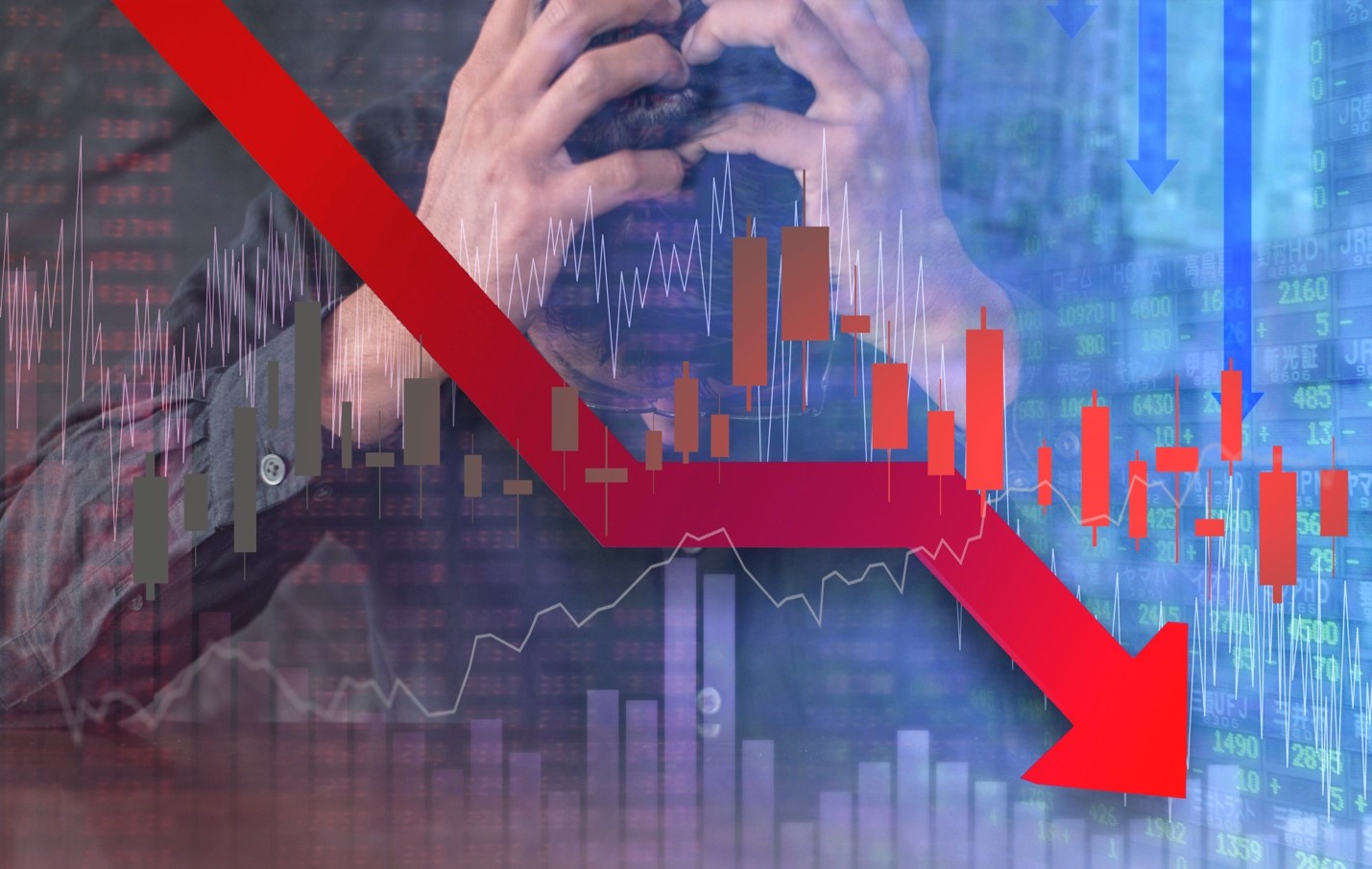Is Forex Trading Risky? A Comprehensive Analysis
When it comes to investing, one of the most frequently asked questions is, “Is forex risky?” Forex, or foreign exchange, is a decentralized global market where currencies are bought and sold. It offers numerous opportunities for investors, but like any investment, it comes with its own set of risks. We will explore the various risk factors associated with forex trading and provide insights to help you make informed decisions.
Understanding Forex Trading
Forex trading involves the buying and selling of different currencies. The goal is to profit from changes in their value relative to each other. The forex market is known for its high liquidity and 24-hour trading, making it attractive to traders worldwide. However, it’s essential to understand the risk factors involved before diving into the world of forex trading.
How risky is forex trading?

Forex trading is inherently risky, and the level of risk can vary depending on several factors:
Market Volatility
One of the primary risk factors in forex trading is market volatility. Currency prices can fluctuate rapidly due to various factors such as economic news, geopolitical events, and central bank policies. Volatility can lead to significant price swings, presenting both opportunities and risks for traders. While volatility can result in substantial profits, it can also lead to significant losses if not managed properly.
Leverage and Margin Trading

Leverage is another aspect that makes forex trading potentially risky. Leverage allows traders to control larger positions with a smaller amount of capital. It amplifies both profits and losses. While leverage can magnify gains, it can also lead to substantial losses if the market moves against a trader’s position. It’s crucial to use leverage cautiously and understand the potential consequences.
Lack of Regulation
The forex market is decentralized, which means there is no central governing body overseeing trades. While this provides flexibility and accessibility, it also increases the risk of fraud and manipulation. Traders should be cautious and choose reputable brokers regulated by relevant authorities to mitigate these risks.
Market Liquidity

Forex is one of the most liquid markets globally, with trillions of dollars traded daily. However, liquidity can vary across different currency pairs and trading sessions. In less liquid markets, it may be challenging to execute trades at desired prices, leading to slippage. Traders should consider liquidity when selecting currency pairs to trade and be prepared for potential price discrepancies.
Economic and Political Factors

Forex markets are highly sensitive to economic and political events. Economic indicators such as GDP growth, inflation rates, and employment data can significantly impact currency values. Political developments, such as elections and policy changes, can also create volatility in the forex market. Traders need to stay informed about these events and their potential impact on currencies.
Risk Management Strategies
To navigate the risks associated with forex trading, it’s crucial to implement effective risk management strategies. These strategies help traders protect their capital and minimize potential losses. Some common risk management techniques include:

1. Setting Stop-Loss Orders: Traders can set predetermined levels at which their positions will be automatically closed to limit losses.
2. Using Take-Profit Orders: Take-profit orders allow traders to automatically close positions at predetermined levels of profit, securing gains.
3. Diversifying Portfolios: Spreading investments across different currency pairs and asset classes can help reduce risk exposure.
4. Implementing Proper Position Sizing: Calculating the appropriate position size based on risk tolerance and account balance is essential to manage risk effectively.
5. Continuously Educating Yourself: Staying informed about market trends, technical analysis, and risk management techniques can enhance trading skills and decision-making.
Psychological Factors
Forex trading can also have psychological risks. Emotions such as fear and greed can cloud judgment and lead to impulsive trading decisions. It’s crucial to maintain discipline, follow a trading plan, and avoid emotional reactions to market fluctuations. Developing a resilient mindset and managing psychological factors can contribute to long-term trading success.
Broker Risk
The choice of a forex broker can impact a trader’s risk. Some brokers may have unreliable platforms or engage in unethical practices.
Seeking Professional Advice

For novice traders or those unfamiliar with the complexities of forex trading, seeking professional advice can be beneficial. Financial advisors or experienced forex traders can provide guidance and help navigate the risks associated with forex trading. They can offer insights into market trends, risk management strategies, and help develop personalized trading plans.
It’s crucial for anyone considering forex trading to understand these risks, have a well-thought-out trading plan, practice risk management, and consider their risk tolerance. Many traders incur losses, so it’s not a guaranteed way to make money, and it’s essential to approach it with caution and education.
Conclusion
Forex trading offers exciting opportunities for investors, but it is not without risks. Understanding and managing these risks is essential for successful trading. By considering factors such as market volatility, leverage, regulation, liquidity, economic and political events, and implementing effective risk management strategies, traders can navigate the forex market with confidence. Remember, forex trading requires knowledge, discipline, and continuous learning to minimize risks and maximize potential returns.
So, is forex trading risky? The answer lies in the hands of the trader – with proper education, risk management, and a disciplined approach, forex trading can be a rewarding endeavor.














